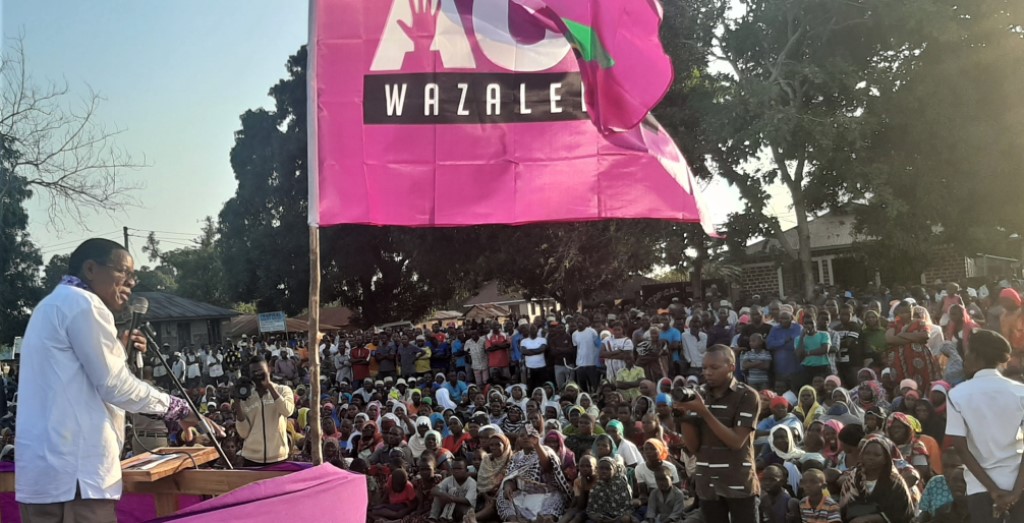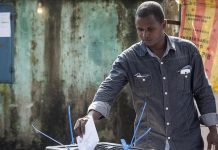Author: HILDA MHAGAMA
AfricaPress-Tanzania: ACT-WAZALENDO has highlighted its plan for consolidating the health sector in the country, particular focus being on investing more in health education and primary health, should it win the upcoming polls.
According to the party’s 2020-2025 election manifesto, an ACT-Wazalendo government would improve, invest and facilitate the provision of health education services, by establishing a system for hiring local or village health workers, great emphasis being placed on ‘preventive education’ prior to ‘treatment’.
It will also ensure that a health sector professional would be posted in an area embracing 100 households – a physician or nurse – to monitor the health trends of community members by looking at family health histories, environmental conditions and hygiene.
To that end, ACT-Wazalendo plans to increase the health care budget on an annual basis, to improve health education, manpower, access to medicines and equipment, technology, infrastructure as well as the entire health care system that will be applied nationwide.
The 62-page document launched on Monday in Dar es Salaam ahead of the general election further highlighted that efforts would be made to ensure that health education reached all Tanzanians.
The aim, the party stresses, is to enable the people take preventive measures against infectious and non-communicable diseases, especially the ones stemming from negative lifestyles and injuries.
“We will create a health care system based on the principles of equality as well as community participation in decision-making on health issues, good health care policies and fostering accountability, to reduce by 30 per cent, premature deaths from non-communicable diseases and eradicate major infectious diseases like malaria and tuberculosis by 2030,” reads part of the document.
Improving health care infrastructure whereby it will oversee the construction of clinics in urban and rural areas to achieve the goal of having one dispensary per 1,000 people, according to the party’s manifesto have also been highlighted.
The manifesto furthermore states that the government would build and upgrade regional hospitals and modernize them to meet international standards, including investing in and improving diagnostic services at each regional hospital.
The move will sustain significant investments by having three major regional hospitals with international status, capabilities and standards.
The hospitals will be built in Mara, Ruvuma and Singida regions. Regarding health sector workers, the ACT-Wazalendo government would enable healthcare workers, especially at the dispensary level, to provide public health education in collaboration with local government officials, neighbourhoods and villages to prevent various diseases.
The document further revealed that the party will set aside special funds for medical and midwifery courses to achieve the goal of having one doctor for every 1,000 people by 2030.
It will ensure that the elderly, expectant mothers, people with disabilities who need regular health care, as well as women and children who are victims of violence will receive free treatment, according to the party’s election manifesto.
The party has also highlighted its plan to improve the health insurance fund if elected, by integrating it with social security systems so that every Tanzanian who contributes to social security has direct access to health care.
ACT-Wazalendo also plans to invest in an information technology system that will be able to collect and store patient information nationwide easily, efficiently and accurately in a timely manner, thus making clinicians have an accurate patient’s history.
The manifesto further revealed that it will also use the system to collect early epidemiological information and improve access to information for various studies.
On access to and distribution of medicines and medical supplies, an ACT-Wazalendo government would invest in the research and production of safe medicines locally as well as medical equipment.
“It will put in place a special mechanism to capitalize on local industries and technical colleges so that they can produce medicines and medical equipment at the international level, to meet the domestic market and compete in the foreign market,” the 62-page document reads in part.







